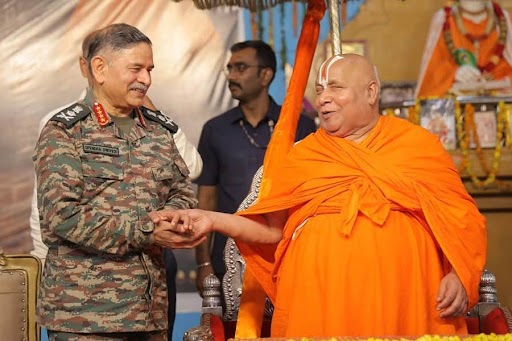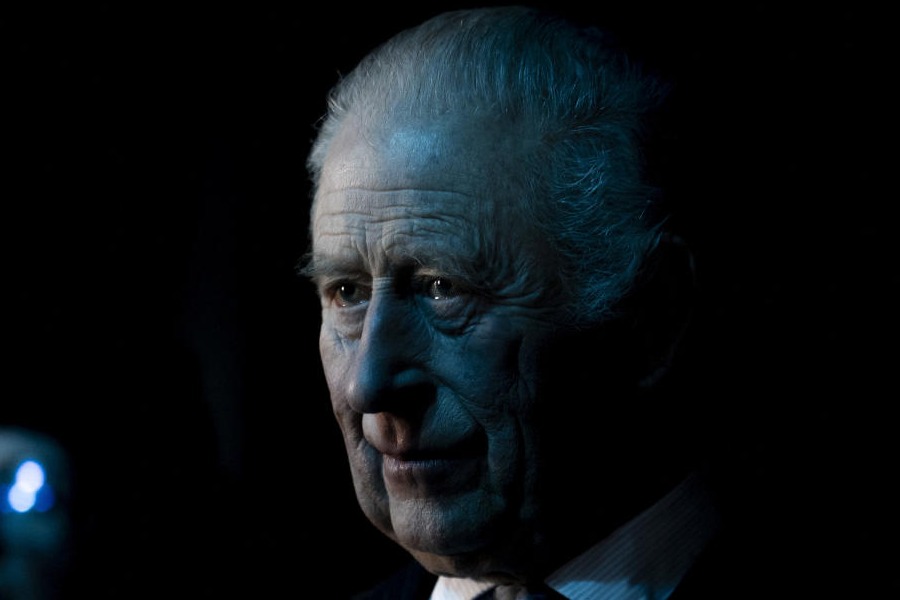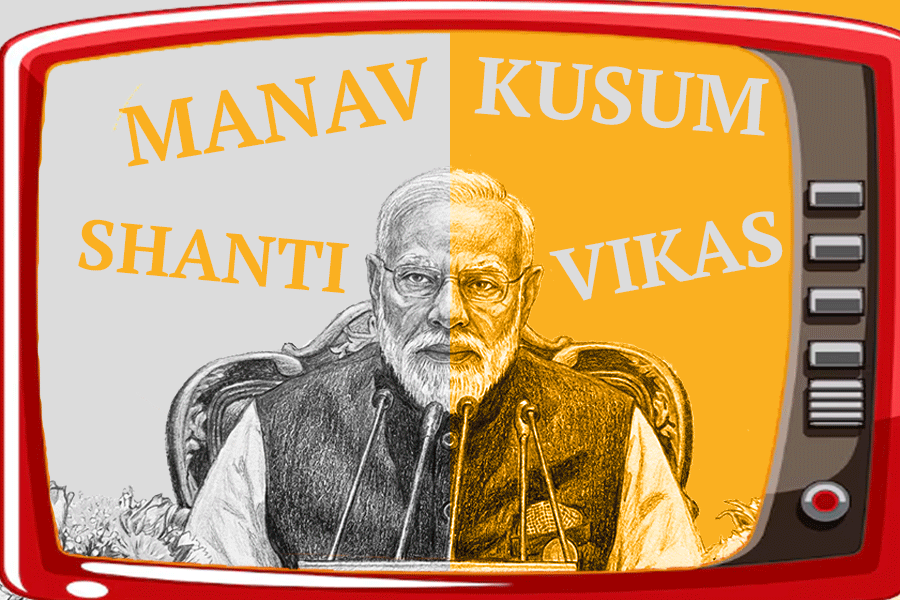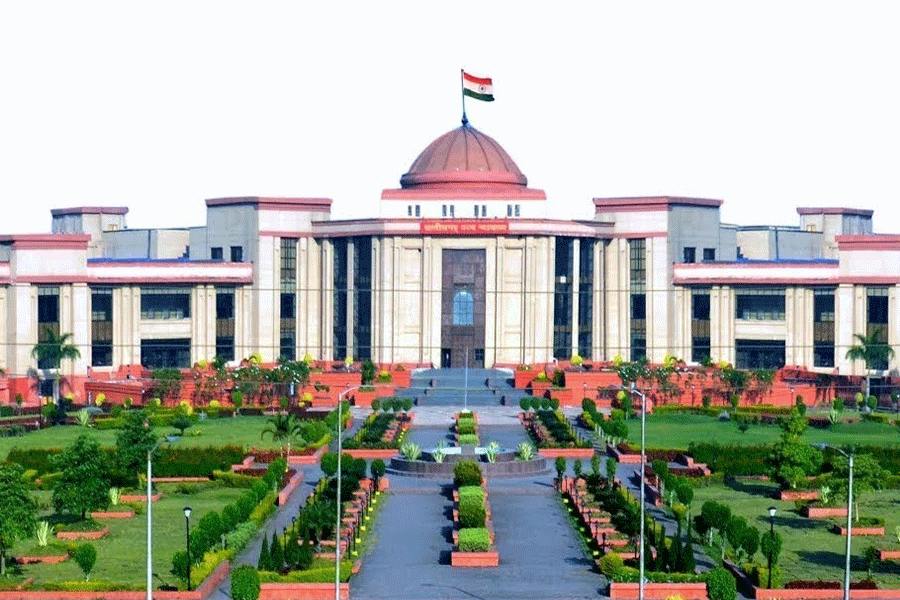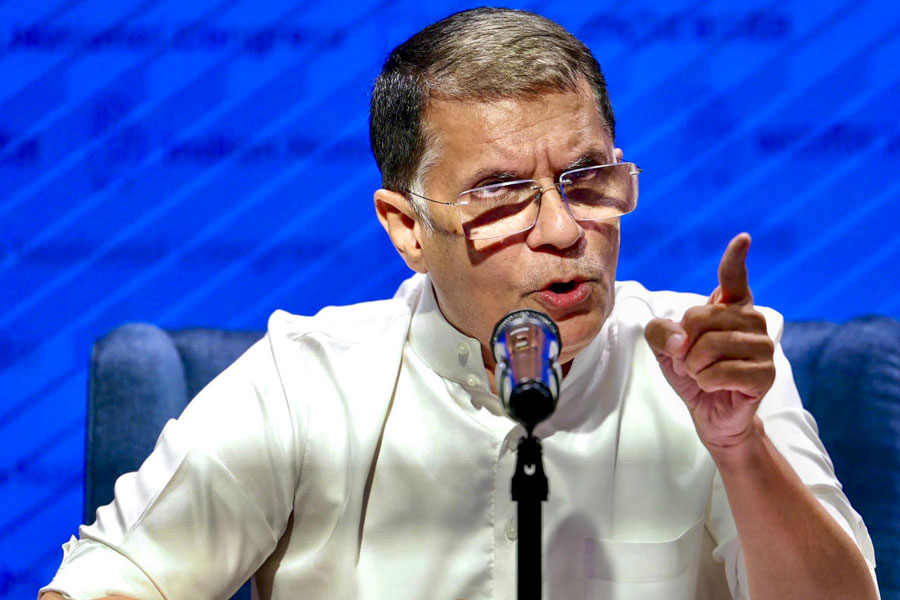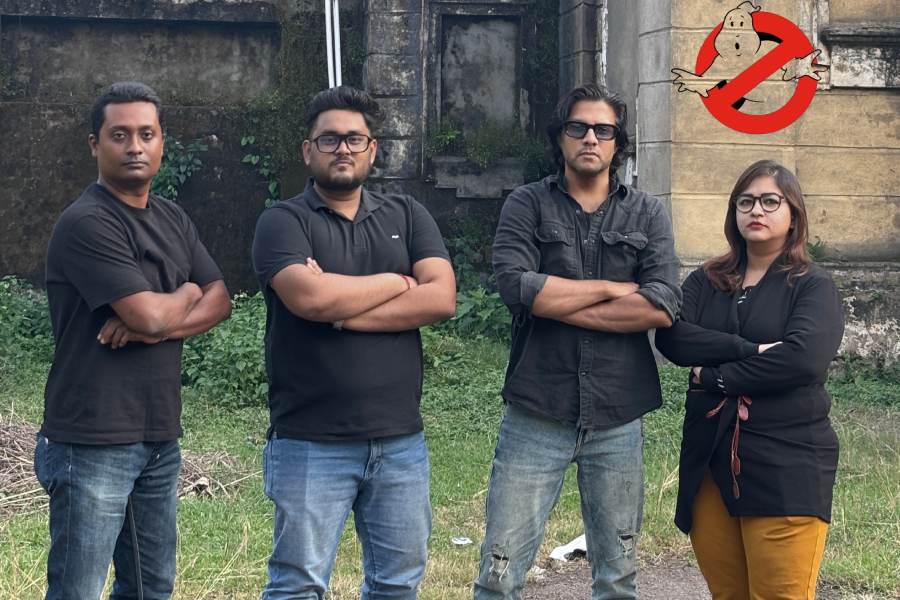Indian Chief of Army Staff General Upendra Dwivedi on May 28 took the blessings of Padma Vibhushan Jagadguru Swami Rambhadracharya at his ashram in Chitrakoot.
During the visit, the 75-year-old spiritual leader, who is one of the four Jagadguru Ramanandacharyas and the founder of the Tulsi Peeth in Chitrakoot, initiated the Army chief with the “Ram Mantra”...the same sacred invocation, he said, that was once given to Lord Hanuman by Sita before his conquest of Lanka.
“Afterwards, when the matter of Dakshina came up, I said I would ask for a Dakshina that no teacher has ever asked for before. I said, ‘I want PoK (Pakistan-occupied Kashmir).’ He accepted my request. We are ready to give Pakistan an appropriate response”, Rambhadracharya told reporters on Thursday.
A post on the Jagadguru’s official social media account also mentioned the Army Chief’s visit to Tulsi Peeth Dham and said that General Dwivedi spoke to saints and students about the valour of the Indian Army.
Who is Rambhadracharya?
Rambhadracharya rose to national prominence during the Ayodhya Ram Janmabhoomi-Babri Masjid legal battle. In 2003, he deposed as an expert witness on religious matters before the Allahabad High Court, where he cited ancient Hindu scriptures...Ramayana, Rāmatāpanīya Upaniṣad, Skanda Purana, Yajurveda, Atharvaveda, to support Ayodhya’s sacred status as the birthplace of Lord Rama. His affidavit and cross-examination were later referenced in the final judgement.
Rambhadracharya is not the only one wanting to get back PoK right now. At a public address on May 29, Union defence minister Rajnath Singh also reiterated India’s long-standing position on PoK.
“The people of PoK are part of our nation and our family. A day will surely come when they will willingly reunite with their motherland. I am confident that PoK will one day proclaim (its return),” Singh said, without naming the spiritual leader but effectively echoing the message sent from Chitrakoot.
Singh also framed the discussion in terms of India’s increasing self-reliance in defence, citing Operation Sindoor as a demonstration of the country’s indigenous military capabilities. “India’s commitment to Aatmanirbharta (self-reliance) in defence is unwavering,” he said, referencing the recent approval for private industry participation in the Advanced Medium Combat Aircraft (AMCA) program.
Meanwhile, India has stepped up diplomatic engagement on the international front.
New Delhi has dispatched seven multi-party delegations to key partner nations, including members of the UN Security Council, to reiterate its stance of “zero tolerance” towards terrorism. The Ministry of External Affairs confirmed that these delegations were briefed with the details of Operation Sindoor and India’s counter-terror posture.

